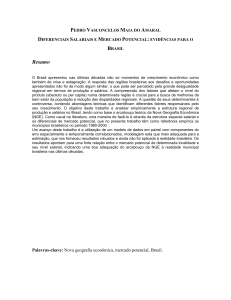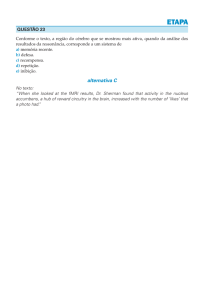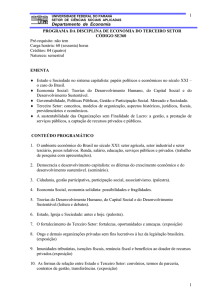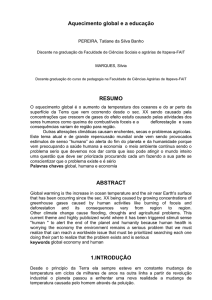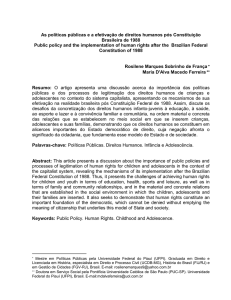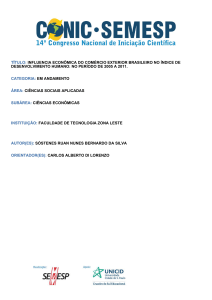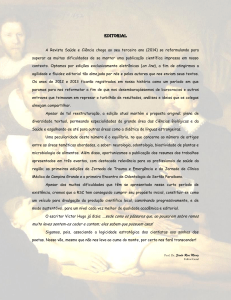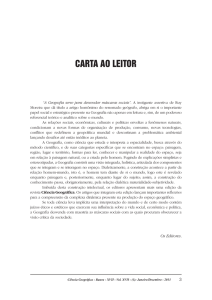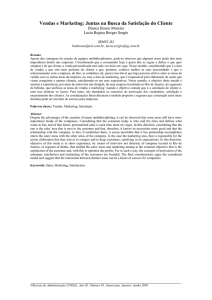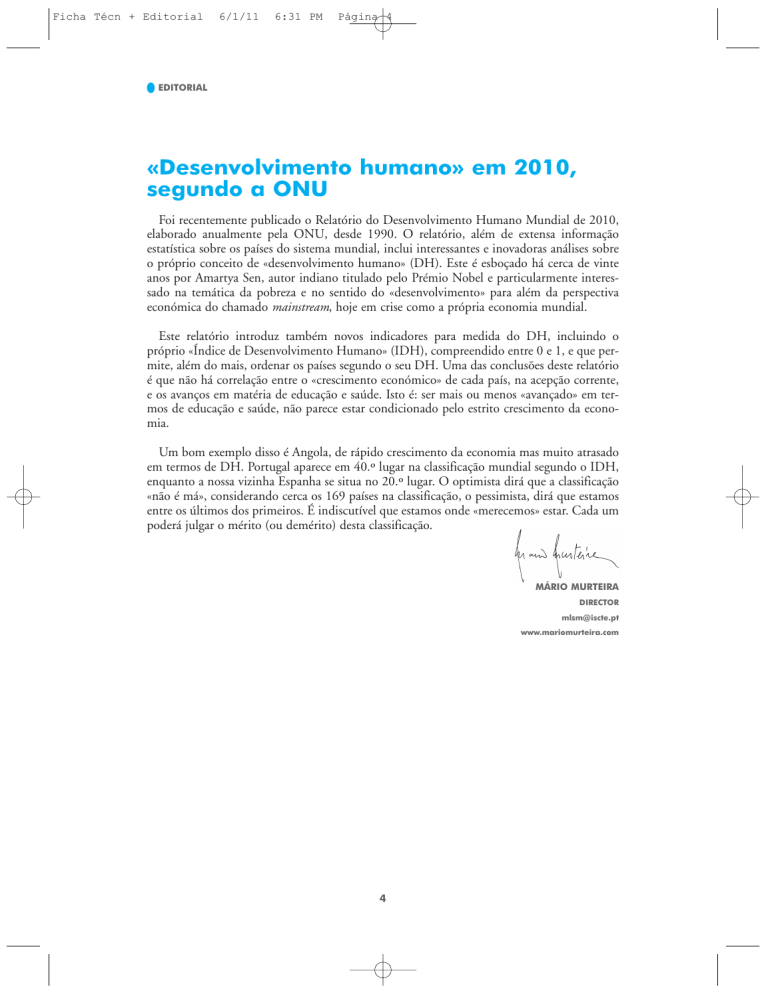
Ficha Técn + Editorial
6/1/11
6:31 PM
Página 4
EDITORIAL
«Desenvolvimento humano» em 2010,
segundo a ONU
Foi recentemente publicado o Relatório do Desenvolvimento Humano Mundial de 2010,
elaborado anualmente pela ONU, desde 1990. O relatório, além de extensa informação
estatística sobre os países do sistema mundial, inclui interessantes e inovadoras análises sobre
o próprio conceito de «desenvolvimento humano» (DH). Este é esboçado há cerca de vinte
anos por Amartya Sen, autor indiano titulado pelo Prémio Nobel e particularmente interessado na temática da pobreza e no sentido do «desenvolvimento» para além da perspectiva
económica do chamado mainstream, hoje em crise como a própria economia mundial.
Este relatório introduz também novos indicadores para medida do DH, incluindo o
próprio «Índice de Desenvolvimento Humano» (IDH), compreendido entre 0 e 1, e que permite, além do mais, ordenar os países segundo o seu DH. Uma das conclusões deste relatório
é que não há correlação entre o «crescimento económico» de cada país, na acepção corrente,
e os avanços em matéria de educação e saúde. Isto é: ser mais ou menos «avançado» em termos de educação e saúde, não parece estar condicionado pelo estrito crescimento da economia.
Um bom exemplo disso é Angola, de rápido crescimento da economia mas muito atrasado
em termos de DH. Portugal aparece em 40.º lugar na classificação mundial segundo o IDH,
enquanto a nossa vizinha Espanha se situa no 20.º lugar. O optimista dirá que a classificação
«não é má», considerando cerca os 169 países na classificação, o pessimista, dirá que estamos
entre os últimos dos primeiros. É indiscutível que estamos onde «merecemos» estar. Cada um
poderá julgar o mérito (ou demérito) desta classificação.
MÁRIO MURTEIRA
DIRECTOR
[email protected]
www.mariomurteira.com
4
Ficha Técn + Editorial
6/1/11
6:31 PM
Página 5
EDITORIAL
Human development in 2010,
according to UN
The United Nations recently published its Human Development Report for 2010 – the latest of annual reports since 1990. In addition to comprehensive statistics about the countries
in the world system, the report also provides interesting and innovative analyses on the actual concept of “human development” (HD). This was outlined about twenty years ago by
Amartya Sen, the Indian author and Nobel Prize winner who is particularly concerned about
poverty and the meaning of development other than from the mainstream economic perspective which is currently in crisis along with the world economy itself.
The 2010 report introduces new indicators related to the “Human Development Indicator”
(HDI) so as to measure and rank countries in terms of their HD. One of this report’s conclusions is that there is no correlation between each country’s “economic growth”, as we currently understand it, and its progress in education and health. In other words, the strict economic growth of a country does not seem to be a condition for its “advance” in education and
health.
Angola is a good example of this; rapid economic growth but lagging seriously behind in
HD. Portugal is ranked 40th in the world HDI classification, while neighboring Spain comes
in 20th place. The optimist would say that this classification is “not bad” given that it is a
ranking of 169 countries. The pessimist would say that we are at the tail end of the leading
countries. While nobody can doubt that we are where we “deserve” to be, it is up to each of
us to decide the merit (or otherwise) of this classification.
MÁRIO MURTEIRA
DIRECTOR
[email protected]
www.mariomurteira.com
5

